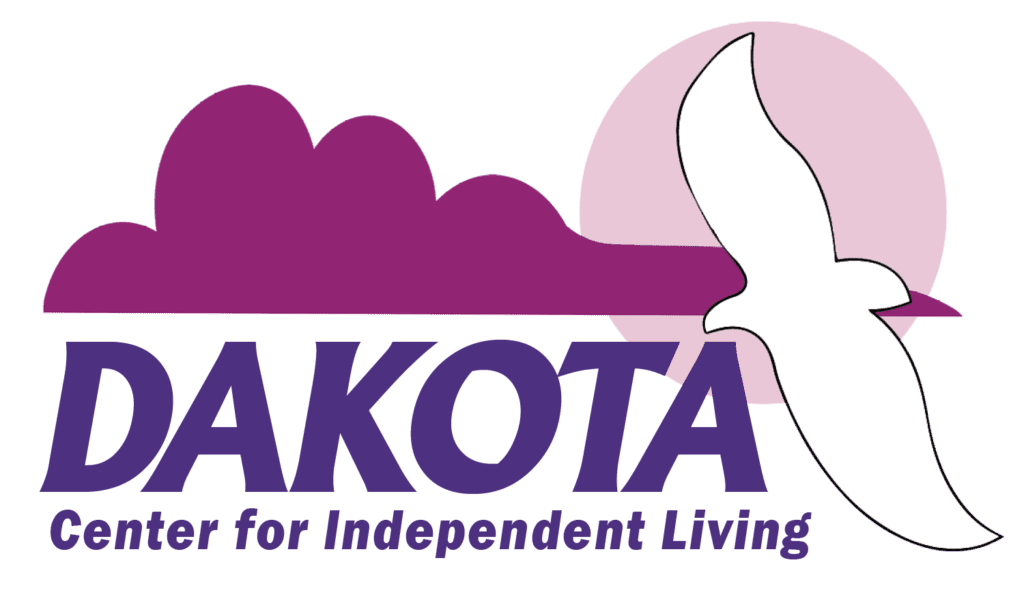 9 PERSONAL LESSONS FROM MY CAREGIVING JOURNEY
9 PERSONAL LESSONS FROM MY CAREGIVING JOURNEY
I am not an expert in dementia, it found me. One June day in 2009, my mother had her first bout with confusion…about her birthday and when it was.
For the next 10 years, I went on a dementia journey with my mom.
Like many of you, I found myself thrown into the role of caregiver and for the first time, I really understood what was involved.
Over my 10-year journey, I discovered a lot of things and I made it my mission to share my story and what I learned.
Here are 9 powerful lessons that I learned. I hope they can support you on your own caregiving journey.
- Build a tribe of those who have wisdom, those who have your back, and those who you can trust
It was easier to choose the right care at the right time when I had my tribe to rely on.
Being a caregiver can be a lonely place if you don’t have support.
- Create your own centralized support and information, especially with regards to services
Grab a notebook and make sections for important information such as phone numbers, documents, medications, services, bills etc.
Don’t forget to have a place where you can write down questions.
Nothing brings a feeling of “I can do this” like knowing where to find important stuff.
- Dementia expresses itself differently in different people, and across situations and time
Dementia does not look like it is portrayed on TV and in the movies. You will have to give up your notion of what “should” be happening.
- Advanced Directives and other important signed documents are critical for loved ones and for you
No one wants to discuss these things. It’s awkward, icky, and uncomfortable. But making sure advanced directives and other important legal documents are completed is important.
Equally important – knowing where they are. In times of stress, no one wants to be hunting for them.
Have a short conversation. Put the documents in a secure place and tell a trusted person where they are.
- If the time for hospice comes, these folks are angels
Rely on their wisdom, ask questions and accept support. Hospice can be a blessing.
- Self-care needs to be a daily occurrence and done without guilt
It does not have to be complex.
It can be simple. It can be as simple as ensuring you get 7-8 hours of sleep.
Self-care is critical for the marathon as well as the sprint of caring for an older adult.
- Situations and needs change and plans for care will change
Try to be flexible in your thinking about home care and assisted living from the beginning of the journey.
Caring for an older adult can feel like a wild ride. Just when you think you have the path figured out there can be an unforeseen turn, loop or drop.
It really helps to develop the flexibility muscle before things get heavy.
- During our journey, I found myself quickly part of the sandwich generation
I was not alone since the majority of the sandwich generation is between 40-59 years old and 60% of family caregivers are female.
The sandwich generation is growing and by 2035, 13% of the population (11 billion people) will be over the age of 65.
- You as the caregiver can choose the path and prioritize the direction of care
In my journey with my mom I focused on safety, no pain, and dignity.
Guest contributor: Michelle Porjes, Ed.S. is the founder of LA Elderly, a Facebook Group designed for support and exchange of information. The group was established in memory of her mother who passed away in December 2017. The website LA Elderly: Information, Connection, Inspiration was established in May 2021 to reach more people and continue the legacy.

